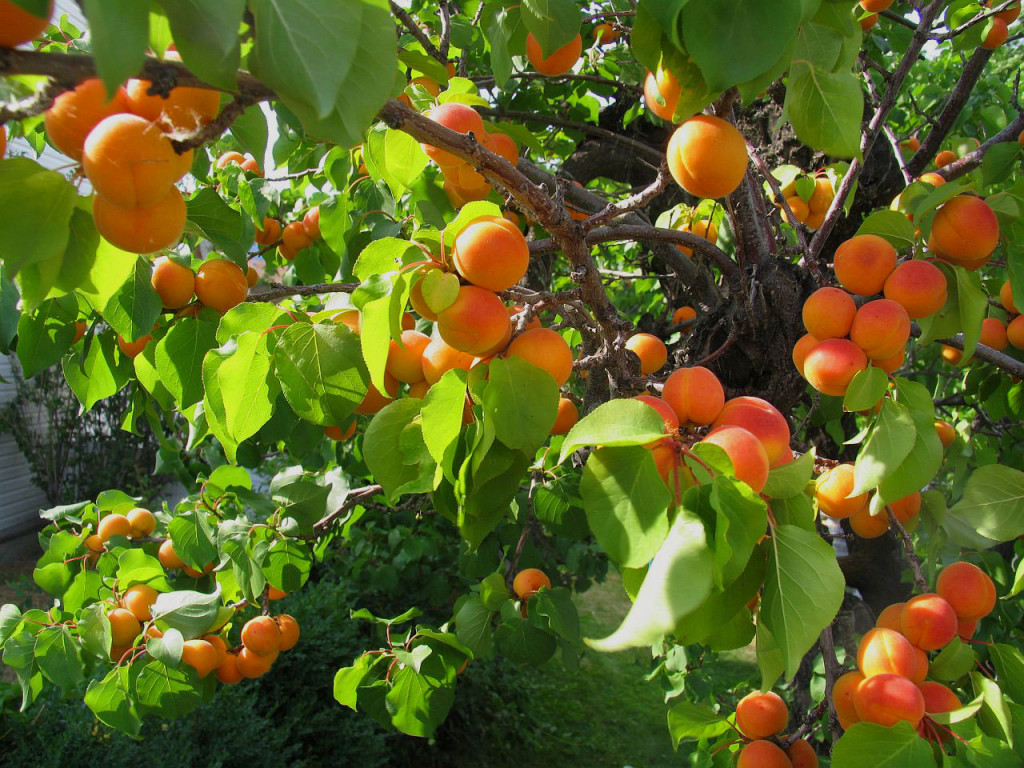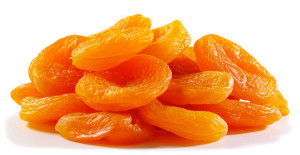Apricots are known as – “Moons of the Faithful”
Apricots -Prunus armeniaca,or “Armenian plum
Apricots belong to the family Rosaceae, the same family of the garden rose, and are also known botanically as Prunus armeniaca,or “Armenian plum.” The apricot is native to the Asian regions of Himalaya, China, and Armenia and is currently grown in several regions with climates ranging from sub-tropical to Mediterranean and our desert climate. Slice an apricot in half and you’ll see a single “stone” or “pit” which, like bitter almonds, is poisonous until roasted. The inner seed can be eaten and has a taste very similar to almonds, but it contains small quantities of cyanide and should therefore be consumed with caution: it can lead to cyanide poisoning. The kernels of an apricot pit are used in confections and to flavor liqueurs.
Apricots are known as, “Moons of the Faithful” in China where they originated. Nearly 4000 years ago, a fruit belonging to the rose family was discovered on the mountain slopes of China
Apricot – health benefits – medicinal values
Both fresh and dried apricots are highly nutritious and have a low glycaemic index,making them an excellent food for sweet toothed dieters. Apricots are used both as a fresh fruit, juice and dried fruit. Some apricots are used for making ‘jam’ and sweets. The leaves, flowers and seeds were used as a treatment for cancer
Apricot Ideal fruit for weight maintenance
Fresh apricots contain vitamin C.folate,potassium and vitamin E. Their high content of beta carotene,an important antioxidant,helps to prevent some cancers. They are also ideal for weight maintenance as they are a good source of fibre and are fat-free. The semi-dried,plumped fruit is a very good source of potassium and iron,although the drying process diminishes the vitamin C and carotene content. Dried apricots,because they contain less water,are,weight for weight,higher in calories than fresh ones,but they are an-ideal energy giving snack
Contain a range of carotenes;beta-carotene for cancer prevention;lutein and zeaxanthin for eye health and cryptoxanthin,which may help to maintain bone health
High in total and soluble fibre for healthy heart and circulation
Excellent source of potassium
Besides its fresh consumption,apricots are used in making marmalade,jam or jelly and also canned as slices or processed as fruit juice





















